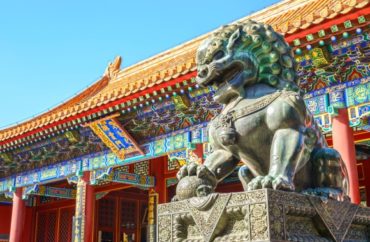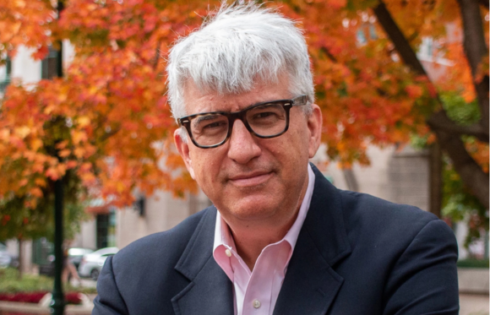
Indiana Attorney General Todd Rokita today announced a new investigation into Valparaiso University’s association with Chinese Confucius Institutes, which are commonly believed to be associated with the Chinese Communist Party.
“Hoosiers deserve answers and transparency into the impact of these institutes on our schools and students,” Rokita said in a statement announcing the move.
“Our investigation seeks to uncover whether the Chinese government has attempted to exert political influence and manipulate the attitudes and beliefs of Hoosiers through their Confucius Institutes. Our office will use every tool at our disposal to protect Hoosiers and put liberty into action.”
According to Rokita, the investigation is aimed at identifying and “getting to the bottom of the true intent of any relationships between Valparaiso University’s programming and the Chinese Communist Party.”
In the past several years, federal elected officials have warned of the dangers of hosting a Confucius Institute on campus, identifying them as vessels through which China can engage in nontraditional intelligence collection, obtain taxpayer-funded research, and spread communist propaganda on American campuses. They are funded by China’s communist regime.
In 2020, the U.S. Senate passed a bill giving universities more power over the institutes, arguing that having one on campus compromised a school’s free speech rights.
“Confucius Institutes are threatening academic liberty and free speech without shame, and too many American schools have fallen victim to the political con,” said Sen. John Kennedy (R-La.) at the time. “It’s time to end Communist China’s deceitful attacks on democratic freedoms by giving power back to American students and educators.”
Most recently, Florida Gov. Ron DeSantis signed legislation banning Confucius Institutes on state campuses.
Given the pressure put on schools by elected officials, the number of Confucius Institutes has waned in the last several years. Once numbering over 100, less than 27 now remain.
According to Rokita’s office, Valparaiso University reported receiving more than $1.1 million from the Chinese government between 2010 and 2019.
“These documents filed by Valparaiso University with the U.S. Department of Education do not indicate precisely how this funding was used, but the university’s webpages explaining the partnership make clear that not only did programs target Valparaiso University students but also younger students through sponsorship of programs at area K-12 Indiana schools,” read the statement.
The Attorney General’s office referenced a 2019 U.S. Senate Homeland Security & Governmental Affairs Permanent Subcommittee on Investigations report that came to the following conclusions:
Chinese directors and teachers at Confucius Institutes pledge to protect Chinese national interests. Chinese teachers should “conscientiously safeguard national interests,” and their contract terminates if they “violate Chinese law” or “engage in activities detrimental to national interests.”
Since 2006, the Chinese government has provided more than $158 million to more than 100 U.S. schools for Confucius Institutes.
The Chinese Communist Party controls nearly every aspect of Confucius Institutes at U.S. schools, including its funding, staff, and all programming. It even has veto authority over events and speakers.
The Chinese government also funds teachers for Confucius Classrooms in the United States, which teach Chinese language and culture in K-12 schools. There are more than 1,000 Confucius
Classrooms worldwide and more than 500 in the United States. Expanding the Confucius Classrooms program is a priority for the Chinese Communist Party.
There is little transparency in the selection of Chinese directors and teachers who staff Confucius Institutes. They are vetted and hired by the Chinese government, and U.S. universities choose from a pool of applicants approved by the Chinese Communist Party.
Read the full statement here.
MORE: Senators pressure their universities to drop Confucius Institutes as threat to America
IMAGE: a photo story / Shutterstock




Please join the conversation about our stories on Facebook, Twitter, Instagram, Reddit, MeWe, Rumble, Gab, Minds and Gettr.